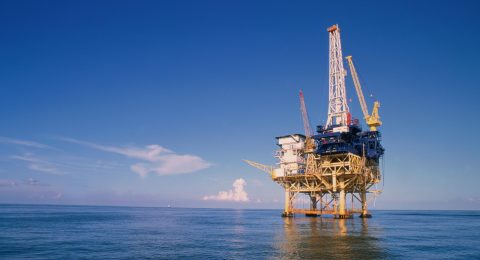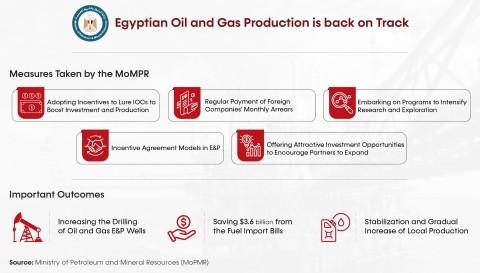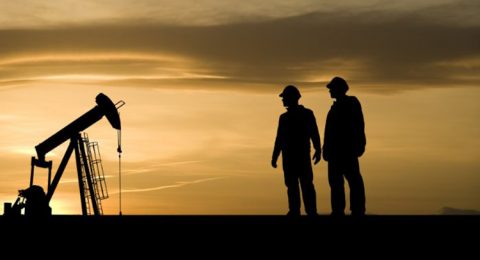Lawmakers are set to probe a federal agency’s oversight of U.S. pipelines after a crude spill near the southern California coast highlighted the government’s delays implementing congressionally mandated safeguards.
The House Energy and Power Subcommittee will examine the Pipeline and Hazardous Materials Safety Administration’s handling of those long-stalled mandates during a hearing Tuesday. Other House and Senate hearings are expected in the wake of the California spill but have not been announced.
Congress gave the agency known as PHMSA 42 mandates as part of a pipeline safety law in 2011, but 17 remain incomplete even after deadlines have passed. The stalled regulations include mandates for automatic and remote-controlled shut-off valves and measures to prevent pipeline damage.
The recent surge in domestic oil and gas development means more of those hydrocarbons are flowing through the nation’s pipelines, making their safety and resilience even more critical, said House Energy and Commerce Chairman Fred Upton, R-Mich., and Rep. Ed Whitfield, R-Ky.
“PHMSA’s lack of progress in implementing the reforms required under our 2011 pipeline safety law raises serious questions about their ability to provide the oversight necessary to ensure safe operation of our nation’s pipelines,” Upton and Whitfield said in a joint statement.
Critics say PHMSA lacks the manpower to write safety rules and to enforce them, without enough inspectors to keep watch over the nation’s sprawling network of oil and gas pipelines.
Officials at the agency previously have noted the long timeline for drafting and finalizing regulations in testimony before Congress.
Six high-profile members of the Energy and Commerce Committee, including Upton and Whitfield, sent a letter to PHMSA’s interim director last week rapping the agency’s implementation of the pipeline safety rules. Other signers were Democratic Reps. Lois Capps of California, Bobby Rush of Illinois and Frank Pallone of New Jersey, as well as Republican Rep. Joe Barton of Ennis, Texas.
Capps and Upton both have recent experience with pipeline accidents. About 800,000 gallons of crude oil leaked out of an Enbridge Energy Partners pipeline into Michigan’s Talmadge Creek, which leads into the Kalamazoo River in 2010. And beaches in Capps’ Santa Barbara district were hit with oil from most recent rupture, involving a pipeline operated by Houston’s Plains All American Pipeline.
More than 100,000 gallons of oil were estimated to spill from Plains’ Line 901 — some onshore and some into the Pacific Ocean — before the leak was detected and flows cut off on May 19. Following the spill, Plains All American Pipeline shut off Line 901 and its connecting Line 903, which has had metal loss anomalies in previous inspections.
Tests conducted before Line 901 broke open showed corrosion in the pipeline and documented thinning walls. But after the pipeline was unearthed, officials at PHMSA estimated it was in far worse shape.
Plains has said it is waiting for additional measurements and a metallurgical analysis of the failed section of pipe before it can address inconsistencies between earlier tests and the recent field estimates.
“To our knowledge, neither the metallurgist nor PHMSA performed actual physical measurements of the wall thickness of the affected pipe in the field,” Plains said in a letter last month to Democratic Sens. Barbara Boxer of California and Ed Markey of Massachusetts. “The coating and debris would have to be removed and the pipeline would have to be cleaned before an accurate measurement could be obtained. To our knowledge, this work was not performed in the field.”
A third-party metallurgical analysis is being conducted on the failed pipe, and Plains has been tasked with analyzing the root cause of the accident before operations can resume on Line 901.
Company representatives said workers in a Midland control room remotely shut off a pump at 11:30 a.m. on May 19, preventing more oil from being pumped into the line, and the National Response Center was notified of the spill a little over an hour later, at 12:43 p.m. It took longer for the company to identify the exact source of the leak.
Cleanup work continues near California’s Refugio State Beach, with crews combing the shoreline and removing oil from large stones and cliff faces. According to an Patrick Hodgins, Plains’ senior director of safety and security, 96 percent of the affected shoreline has been deemed cleaned, but they will continue to be monitored.
State officials lifted a fishing closure in Santa Barbara County on June 29, after determining there was no longer a human health threat by consuming finfish and shellfish from the area.
Source: FuelFix












